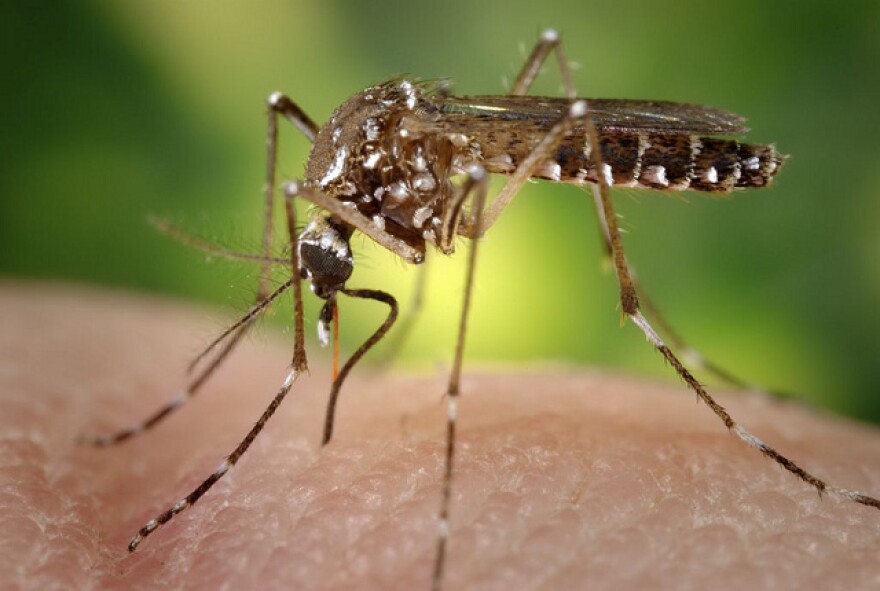Lee County has one of the largest budgets for mosquito control in the country. It comes to more than $24 million.
That money goes toward things like treating more than 56,000 acres of salt marshes, which is a prime breeding ground for mosquitos.
An unusually wet winter has the county guessing what their operations will look like for the rest of the year. They’re also keeping an eye out for the Zika virus.
Shelly Redovan with Lee County Mosquito Control said there are few areas of the state that have preserved as much natural land as the county.
“There just isn’t anything like Lee County in most of Florida,” she said.
Preserving so much land also means lots of mosquitos.
The county fights mosquitoes by targeting the larva first and then - if they hatch - the adult mosquitos. It’s a fight that uses helicopters, planes, trucks, equipment and manpower.
Redovan said these operations can be expensive. She gave the example of sending out a plane for night spraying.
“Just with the pesticides for that plane – and it’s going to cover about 32,000 acres – is going to be around $20,000 so every time you put out a plane you know that much is going out in pesticides,” she said.
Treatments and success depends on the year. If an initial treatment doesn’t go well or there’s weather that stops a helicopter from flying, Redovan said they hear pretty quickly from residents and business owners on the coast about a new wave of mosquitos.
Redovan said most of the time when they’re successful, people don’t even notice.
“They don’t realize what has hatched, what we’ve controlled and what they’ve been protected from,” she said.
Credit: WLRN
What has changed the mosquito control’s calculus this year is the wettest January since 1932.
The South Florida Water Management District reported about 9 inches of rain fell in January.
“We’re spending a lot more on pesticides at the beginning of the year than what we normally would,” she said.
This has mosquito control wondering if it will need to dip into its reserves when more mosquitos show up during the summer. It depends on if rain keeps falling once the wet season comes.
Lee County is also on the lookout for Zika virus. It's one of the Florida counties that has seen confirmed cases of the virus though none have been contracted here. All of the cases were contracted outside of the U.S.
Still, mosquito control is on the look-out for the bugs in the areas where people with the virus live.
“If there’s any of those mosquitoes present – regardless of any other factors - then we will go in and treat it so that we can protect the people who live in that area so that our local mosquitos are not picking up say the malaria or dengue that the person brought back with them,” she said.
Redovan said so far that strategy has been successful.



